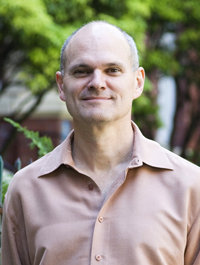Controlling levels of the human enzyme PCSK9 could be the difference between life and death for patients with severe sepsis — an inflammatory reaction to infection that threatens to shut down vital organs.
Keith Walley, a Professor in the Department of Medicine, found that inhibiting or reducing PCSK9 could allow the patient’s body to clear toxic remnants of bacteria and fungi destroyed by antibiotics. Getting rid of the infection’s waste may improve the patient’s outcomes and survival rates.
Treatment of mice with severe sepsis using a PCSK9 inhibitor increased survival. Mice with a genetic variation that reduced the levels of PCSK9 also showed improved sepsis outcomes and survival rates.
Many pharmaceutical companies are currently developing PCSK9 inhibitors to increase clearance of cholesterol thereby lowering cardiovascular risk. This raises the possibility that a PCSK9 inhibitor could increase survival for patients with sepsis — a condition accounts for four of the top ten causes of death worldwide.
The research, published Oct. 15 in Science Translation Medicine, was conducted by Dr. Walley’s UBC team, the Centre for Heart Lung Innovation at St. Paul’s Hospital and collaborators at the University of Pennsylvania and Chiba University in Japan.
